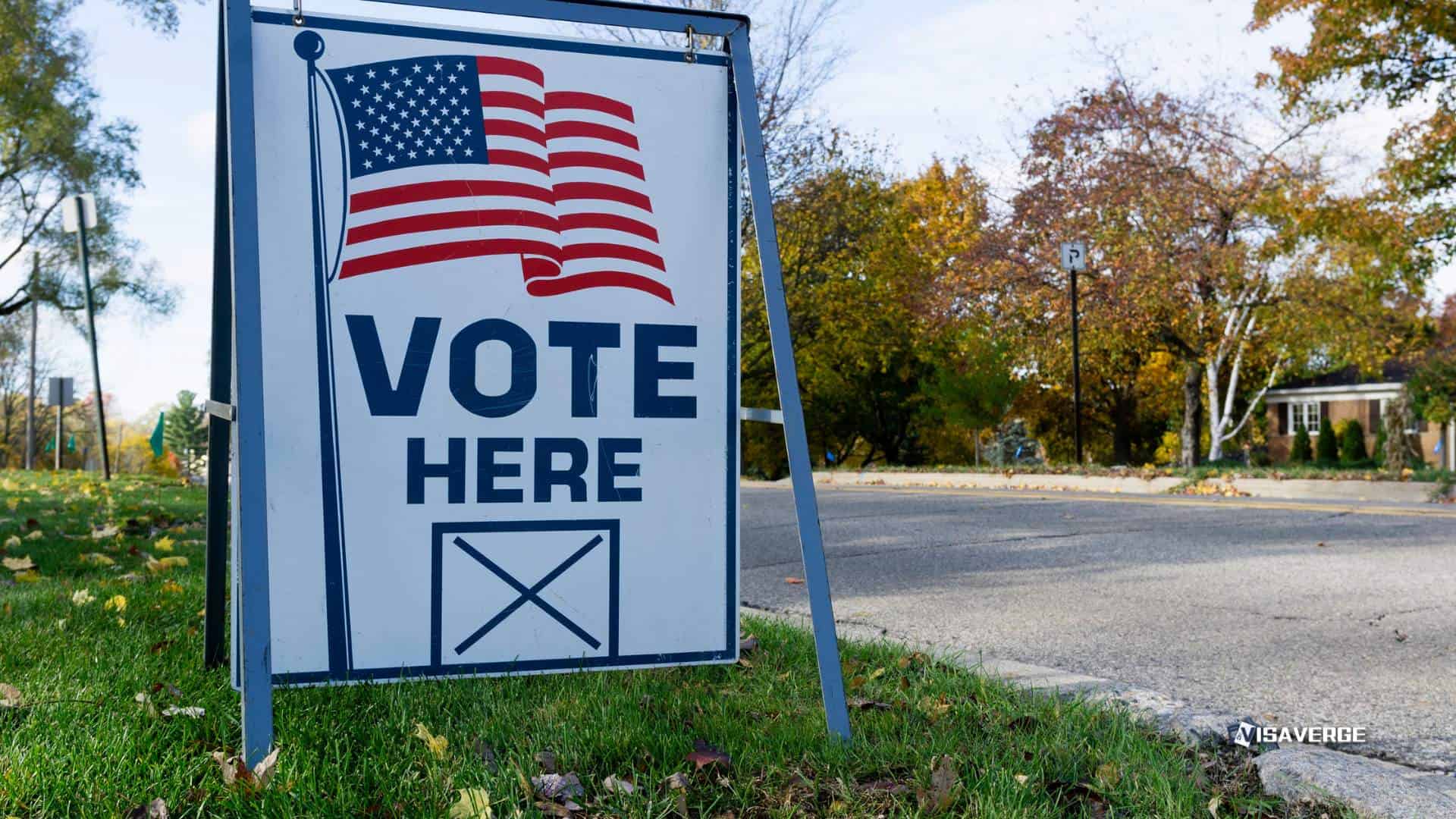The Trump administration is moving to strip protection from asylum seekers with criminal convictions and other migrants who previously held legal status, clearing the way for deportation even in cases where immigration judges have ruled that return to countries like El Salvador would be too dangerous. The shift, combined with massive cancellations of Temporary Protected Status and humanitarian parole, amounts to one of the broadest clampdowns on protected immigrant populations in recent U.S. history, according to legal advocates.
Overriding judicial rulings and individual cases

One documented case involves a Salvadoran man whom an immigration court found in 2019 could not be lawfully deported to El Salvador because he faced a credible threat of persecution there. Despite that ruling, the government went ahead with his deportation.
Advocates say the case shows how long‑standing rules that shield asylum seekers from being returned to danger are being overridden, especially when a person has past criminal convictions on their record. Immigration lawyers describe this as an erosion of both judicial decisions and humanitarian commitments.
When a judge decides a person is likely to be persecuted, that ruling is supposed to carry weight across the system. Instead, in this case, enforcement went forward anyway, sending a clear message that the administration is willing to push the limits of the law to remove people it sees as security risks.
“Enforcement went forward anyway” — a situation advocates say undermines the authority of immigration judges and humanitarian protections.
Administration’s stated rationale and new tools
Officials defend the tougher stance by pointing to public safety and national security. They emphasize focusing on immigrants with criminal convictions and those labeled “suspected terrorists.”
To support this approach, the administration created what it calls a “death master file” to help identify people for possible deportation. According to officials, the database is meant to track individuals who should be targeted for removal because of serious crimes or security concerns.
Concerns about the “death master file”
- Advocates warn the list may be used more broadly than advertised.
- They fear it could sweep in people whose offenses are:
- minor
- old
- already served
- or who have no criminal convictions at all
- Because asylum seekers often come from countries with weak legal systems or corrupt police forces, simple or disputed accusations can later be used against them in U.S. immigration files and then fed into enforcement tools like this database.
Termination of Temporary Protected Status (TPS) for Venezuelans
The administration terminated Temporary Protected Status (TPS) for Venezuelans, a program that had allowed people from Venezuela to live and work lawfully in the United States 🇺🇸 due to unsafe conditions at home.
- Around 350,000 Venezuelan TPS holders lost their legal status and work authorization.
- The termination took effect on April 7, 2025.
- Once that date passed, many became vulnerable to arrest and deportation, even if they had lived in the country for years and built families and careers.
According to analysis by VisaVerge.com, the end of TPS for Venezuelans has left entire communities in limbo, with parents, workers, and students unsure if they will be allowed to stay or forced back to a country still in deep crisis.
Options and challenges for former TPS holders
- Some may try to apply for other forms of protection, such as asylum through Form I-589.
- The official application, Form I-589, Application for Asylum and for Withholding of Removal, remains one of the few tools available to people who can show they would face persecution if returned.
- However, for those with criminal convictions, even non‑violent ones, asylum is much harder to win, and the risk of deportation is high.
CHNV humanitarian parole program ended by Supreme Court
The crackdown also hit the CHNV humanitarian parole program, which offered temporary legal entry and work authorization to people from Cuba, Haiti, Nicaragua, and Venezuela.
- On May 30, 2025, the U.S. Supreme Court ruled that the administration could end that program.
- The decision opened the door to termination of humanitarian parole for about 532,000 people from those four countries.
- Observers described the decision as the largest single cancellation of legal immigration status in modern U.S. history.
The ruling came after lower federal judges had blocked some attempts to end protections, questioning whether the administration followed proper procedures and weighed harm to families. The Supreme Court, however, allowed the government to move ahead while lower‑court cases continue, signaling broad support for presidential authority over programs like TPS and parole.
How past offenses affect current risk
For many affected individuals, the link between a past offense and their current risk is direct.
- Some asylum seekers from Central America, including El Salvador, first entered the United States as teenagers.
- They may have become involved in street gangs or low‑level crime and later tried to turn their lives around.
- Years later, those criminal convictions — even if already punished under criminal law — can become the main reason immigration agents place them into deportation proceedings and deny them protection.
Advocates point out that U.S. law already bars many people with serious crimes from asylum and other relief. The new enforcement push, they argue, goes further by treating almost any criminal conviction as grounds to strip protection, even when a person has strong evidence that they face persecution or death if sent back.
This tension between public safety claims and humanitarian duties is at the heart of the current debate.
Broader community impacts
The impact reaches well beyond individuals with records. When TPS and parole are cut off on a large scale, families with mixed status face impossible choices.
- A parent with no crimes but who relied on TPS may now be at risk of deportation, while a U.S. citizen child or spouse remains.
- Community groups report rising fear of routine traffic stops and workplace checks, as people worry that a simple encounter could trigger detention and removal.
Official information on programs like TPS and asylum remains available on government websites, including the U.S. Citizenship and Immigration Services page on Temporary Protected Status. Yet lawyers say policy documents often change faster than many families can follow, leaving people unsure whether they still have a right to stay or whether they must prepare for sudden deportation.
Where policy is headed and real‑world consequences
The current pattern shows an administration set on shrinking almost every path that once gave asylum seekers and other migrants a foothold in legal status, especially those whose past includes criminal convictions.
- With court rulings now tilting in favor of broad presidential control over humanitarian programs, the fate of hundreds of thousands of people from Venezuela and the CHNV countries hangs largely on political decisions in Washington rather than on individual immigration hearings.
- For Salvadorans and others who have already been sent back despite prior legal protection, the consequences of those decisions are no longer theoretical — they are felt the moment the plane touches down.
Key takeaway: The combined moves — database targeting, TPS and parole terminations, and prioritizing those with criminal records — represent one of the most sweeping reductions in legal protections for migrants in recent U.S. history, with far‑reaching effects on families and communities.
The administration has escalated enforcement by stripping protections from asylum seekers and other migrants, prioritizing deportation for those with criminal convictions. Immigration judges’ rulings have been overridden in documented cases. Officials defend actions citing public safety and national security and have introduced a “death master file” to identify targets. The termination of TPS for Venezuelans (≈350,000 people) and the Supreme Court‑allowed end of CHNV parole (≈532,000 people) create large-scale losses of legal status and widespread community uncertainty.








